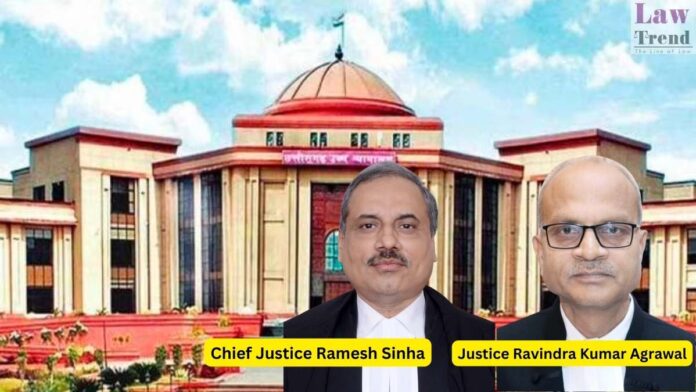In a significant judgment, the Chhattisgarh High Court has ruled that an offence under the Scheduled Castes and Scheduled Tribes (Prevention of Atrocities) Act, 1989, can be sustained only if the prosecution proves beyond reasonable doubt that the accused committed the crime knowing the victim belonged to an SC/ST community. The Division Bench of Chief
To Read More Please Subscribe to VIP Membership for Unlimited Access to All the Articles, Download Available Copies of Judgments/Order, Acess to Central/State Bare Acts, Advertisement Free Content, Access to More than 4000 Legal Drafts( Readymade Editable Formats of Suits, Petitions, Writs, Legal Notices, Divorce Petitions, 138 Notices, Bail Applications etc.) in Hindi and English.




